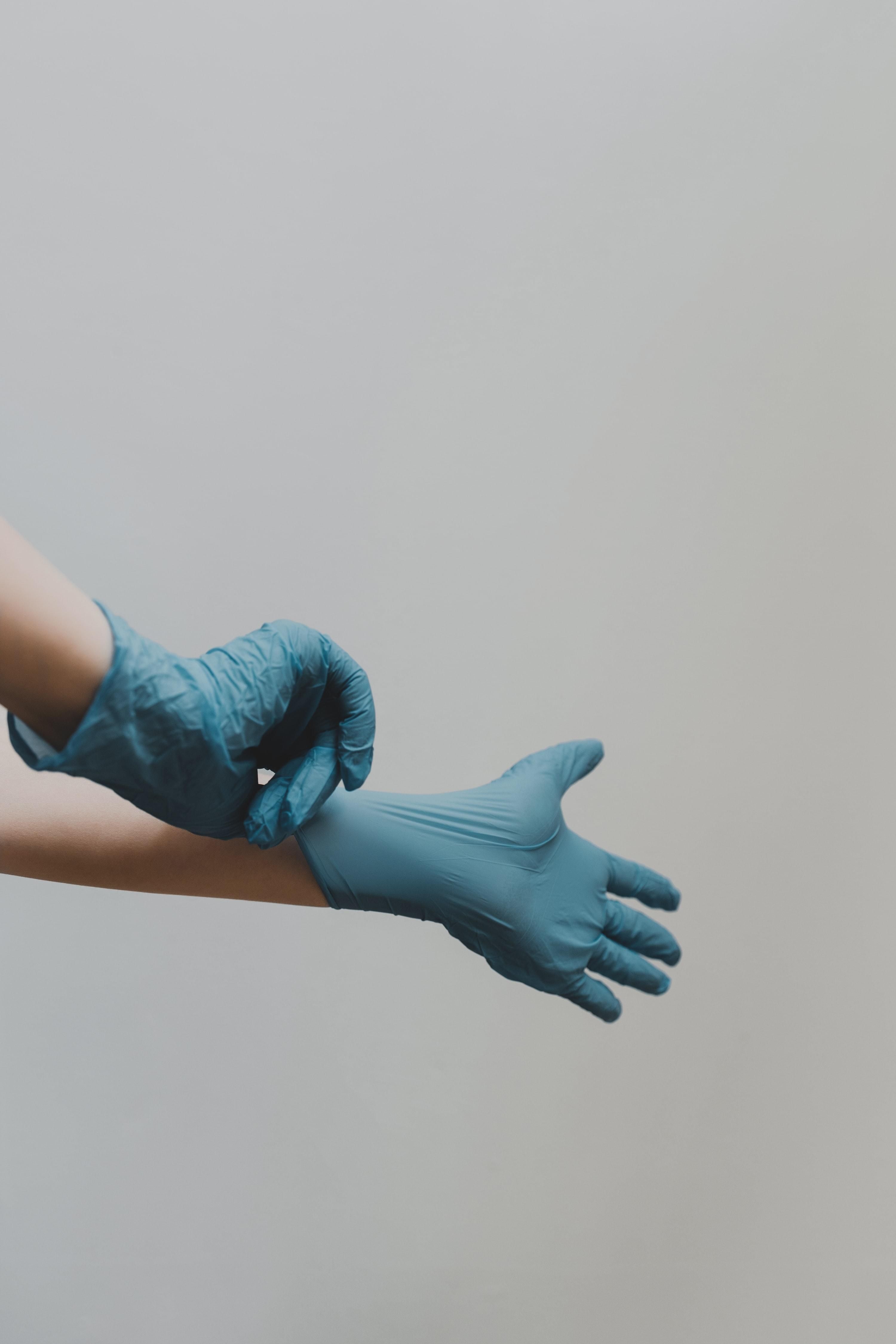Medicine has long been one of the most respected professions for those who want to help and heal others. Particularly since the COVID-19 pandemic, more young people have aspired to become doctors.
However, as they embark on their college journeys, they might wonder what it takes to achieve their goals of entering the medical field. This guide will explain the process of becoming a doctor from school to practice.
Reasons to Become a Doctor
There are many motivations for becoming a doctor. Medical students and professionals have often discussed being personally impacted by an illness or knowing someone sick, following a family member's footsteps, obtaining a good salary and similar reasons for pursuing medicine.
One study highlighted that medical students aiming to practice primary care increased from 12.8% to 24% in three years simply for altruistic motives.
Other students find themselves fascinated with medical conditions and treatments, having new experiences every day, ample career opportunities and being trustworthy practitioners that uphold patients' most private and sensitive information.
Especially in today's health care industry, where 64 security breaches impacted 3.1 million patients in 2022, reliable, empathetic and well-trained medical experts are needed.
Attending Medical School
If you want to be a doctor, you should expect to stay in school much longer than the average bachelor's degree. Most medical studies complete their undergraduate studies before moving on to a four-year medical school program for a doctorate.
Additionally, they'll have to enroll in a residency program to specialize in a particular medical science. It could take between 10 and 14 years before they've passed the necessary exams to become fully licensed.
Medical school is also expensive, costing an average of $230,296 — increasing by nearly $1,030 annually since 2015. Students can expect their education to cost them about $57,574 each year.
For these reasons, many students opt not to continue their studies — challenging coursework is another factor. In fact, only 16.5% of students meet the requirements to attend pre-med graduate programs. The rest drop out when faced with advanced classes.
Completing Residency
After obtaining their Doctor of Medicine (MD), graduates must complete a residency program. A residency program could last three to seven years, depending on the specialty, for instance:
- Family practice and internal medicine: Three years
- Pediatrics: Three years
- Obstetrics and gynecology: Four years
- Urology: Five years
- General surgery: Five years
- Neurosurgery: Seven years
Any doctor interested in patient care must participate in a residency to obtain their medical license. All residency programs must have accreditation by the Accreditation Council for Graduate Medical Education (ACGME).
Residency programs ensure that graduates develop the necessary hands-on experience and bedside manners to be exemplary doctors. Prospective doctors gain exposure to various patients and conditions, different care settings and the latest research and medical technologies.
For instance, revolutionary health care technology now integrates artificial intelligence (AI). Doctors might use diagnostic AI systems for faster and more accurate diagnoses — most rely on electronic health records (EHRs) for a thorough overview of the patient's history, too.
A residency is challenging and fast-paced, but the training leaves graduates well-trained and prepared for their roles as licensed medical professionals.
Medicine After College
Once medical school and a residency program are complete, you can pursue professional licensing. Most doctors join an existing practice after graduating. After a few years of work experience, they may choose to open their own.
Obviously, the advantages of owning a practice include setting your own hours, hiring staff and maintaining total control over patient care and costs. However, when you're just starting out as a new physician, the amount of work you're responsible for as a business owner may be burdensome.
Additionally, when opening your practice, you'll need to secure about $100,000 for equipment and startup expenses, plus another $100,000 in a line of credit for payroll and bills. More than likely, recent graduates won't have that type of money at their fingertips.
Joining a practice ensures a steady income from the start while eliminating the need to make critical business decisions. You also gain access to an established patient network to build rapport.
Pursue a Career as a Doctor
Becoming a doctor is noble but requires effort and time. You won't get to be a doctor overnight, but those who devote themselves to their study and medical practice will have a better chance of becoming successful, respectable medical professionals.











































